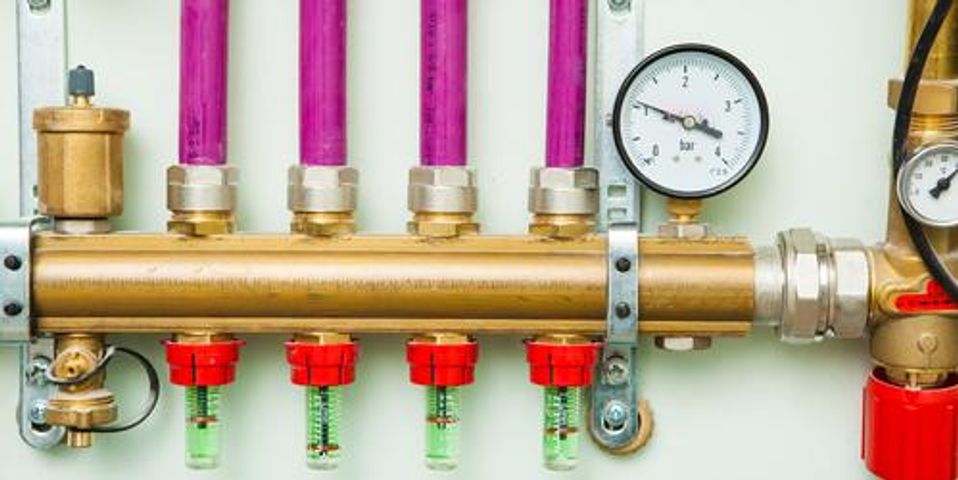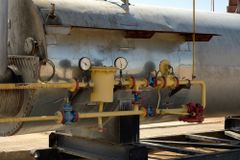Oil Or Gas Furnace? Learn Which Option Is Better For Your Home

Winters in Southeastern Connecticut usually see temperature highs in the 30-degree range, and homeowners not equipped with an efficient heating system could be left shivering. If you’re looking to upgrade your furnace before the big chill hits, you might be wondering—which is better—gas or oil?
Duncklee Cooling & Heating has provided residents in Stonington, CT, with top-notch heating and cooling services for more than 40 years. They say there are pros and cons to both a gas furnace and an oil furnace.
Consider these facts when making a decision on which is better for your home.
Cost
Oil furnaces typically cost much less than gas furnaces, but the fuel for an oil furnace does cost more than the fuel for a gas unit.
Efficiency
There’s no debate. Gas furnaces are far more efficient than their oil counterparts. You can compare efficiency ratings on each type by looking for the Annual Fuel Utilization Efficiency (AFUE) on the models you’re considering. No matter which type you settle on, all new furnaces are more efficient than older models.
Fuel Supply
Gas furnaces are more efficient, and their fuel is less expensive than oil. However, not every community has a natural gas supply available. Oil also must be delivered, and its price is subject to supply and demand.
Equipment
Oil furnaces require a storage tank to hold their fuel, but the furnaces themselves provide more heat per BTU than gas models. On the other hand, gas furnaces don’t require a storage tank, but they might require the installation of a gas line.
Maintenance
Gas furnaces require little maintenance while maintenance for oil furnaces involves regular cleaning and filter changes. Dirt and soot tend to build up on oil furnaces, requiring frequent cleaning.
If you’re still undecided about which type of furnace to buy, the heating specialists at Duncklee Cooling & Heating can help. Simply call (860) 535-2552 to speak to a representative, or visit their website to learn more.
About the Business
Have a question? Ask the experts!
Send your question

